The long-awaited report from the Fulton County special grand jury is out after the jury spent a little less than a year looking into possible criminal interference in the 2020 general election in Georgia.
The jury, seated in May 2022 at the request of District Attorney Fani Willis, concluded their findings in early January 2023. The report, released on Thursday, concluded that at least one witness may have committed perjury out of a pool of over 75 witnesses.
2020 ELECTION INTERFERENCE GRAND JURY BELIEVES AT LEAST ONE WITNESS COMMITTED PERJURY
Willis previously asked the judge to keep the report sealed to protect a possible criminal investigation and shield the rights of possible “defendants” in the case. It’s possible that no charges will arise from the investigation. Many witnesses were former President Donald Trump‘s closest allies, friends, and former staff.
Willis told Fulton County Superior Court Judge Robert McBurney on Jan. 24 that a decision on whether to bring criminal charges over the investigation was “imminent.”
Here are the high-profile witnesses who testified before the grand jury over the course of their investigation.
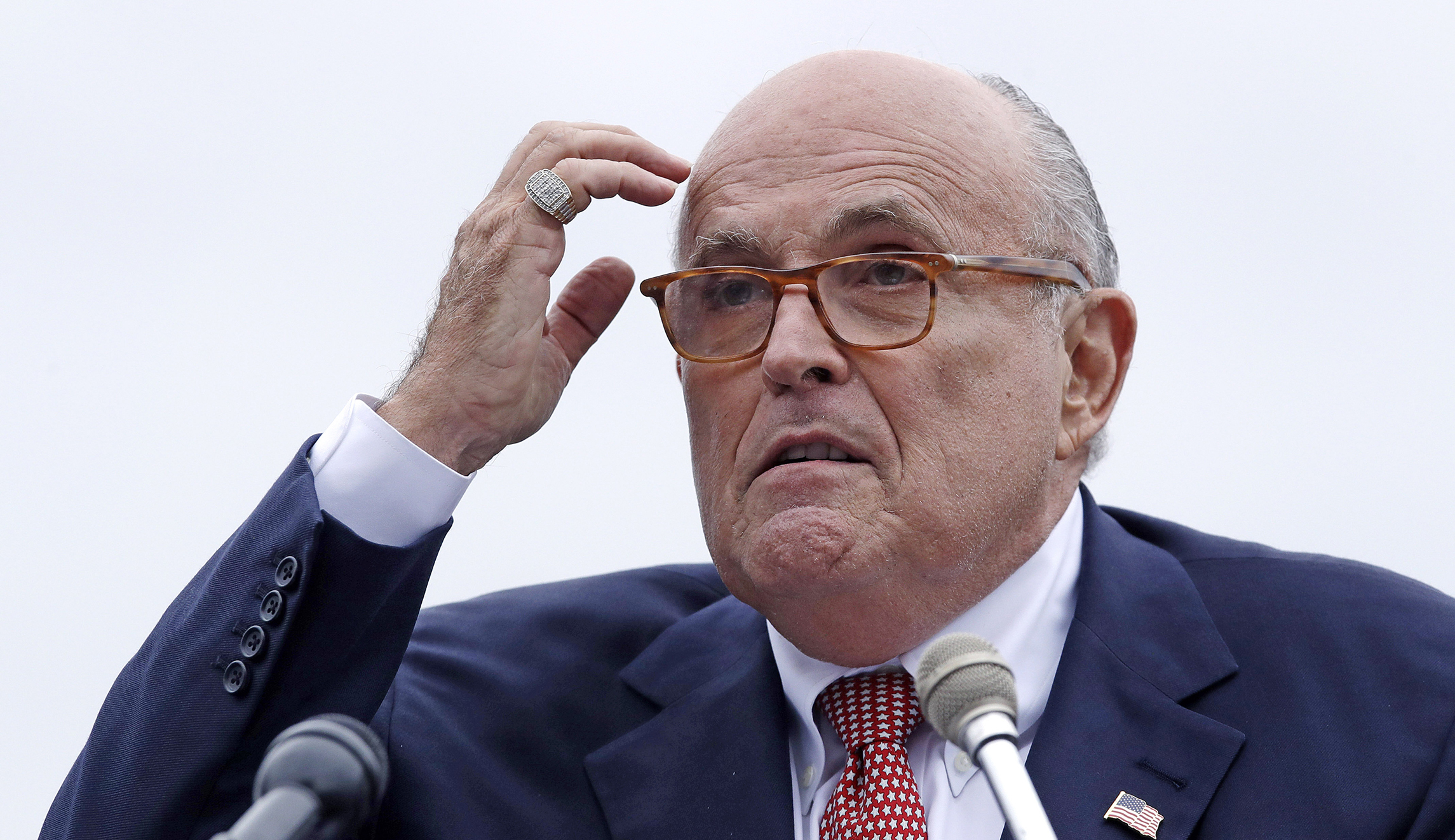
Rudy Giuliani
Rudy Giuliani served as Trump’s personal lawyer and lead attorney for his 2020 campaign. Willis sought his testimony before the grand jury early on, informing Giuliani in mid-August that he was a target of the Georgia investigation.
The jury was part of a larger criminal investigation opened by Willis after audio surfaced of a call between Secretary of State Brad Raffensperger and Trump, in which the former president pushed Raffensperger to “find” 11,780 votes to secure a win in Georgia and overturn his loss in the 2020 election against President Joe Biden.
Willis said Giuliani and others appeared at a state Senate meeting in late 2020, presenting a video that showed election workers producing “suitcases” of unlawful ballots — a video that was debunked by Georgia election officials within 24 hours.
The district attorney claimed in her subpoena that Giuliani continued to make false claims to the public and in legislative hearings using the video.

Mark Meadows
Mark Meadows, the former White House chief of staff under Trump, became a target of the grand jury and was compelled to testify, despite his counsel arguing that he was protected under Trump’s assertion of executive privilege.
The subpoena asking for his testimony claimed Meadows had intimate knowledge of the phone call between Trump and Raffensperger.
Meadows fought the subpoena up to the South Carolina Supreme Court, which affirmed the circuit court’s ruling that he was a “necessary and material witness” to the Fulton County investigation.

Sen. Lindsey Graham
Sen. Lindsey Graham (R-SC) fought tooth and nail to avoid going before the grand jury, going all the way to the Supreme Court to block his subpoena. However, the Supreme Court ruled against him, forcing him to testify on Nov. 22, 2022.
Graham’s spokespeople said in a statement following the testimony that he felt he was treated with “respect, professionalism, and courtesy” but did not comment on the grand jury’s proceedings.
Willis looked to grill Graham on two calls he had with Raffensperger during the fallout from the 2020 election. During one call, he floated the idea of rejecting mail-in ballots from locations with questionable signatures, according to Raffensperger, who had already testified before the panel.
Graham had argued the calls were part of a “legislative fact-finding” mission in his capacity as a senator. Regardless, his office said he answered everything posed in his appearance before the jury.
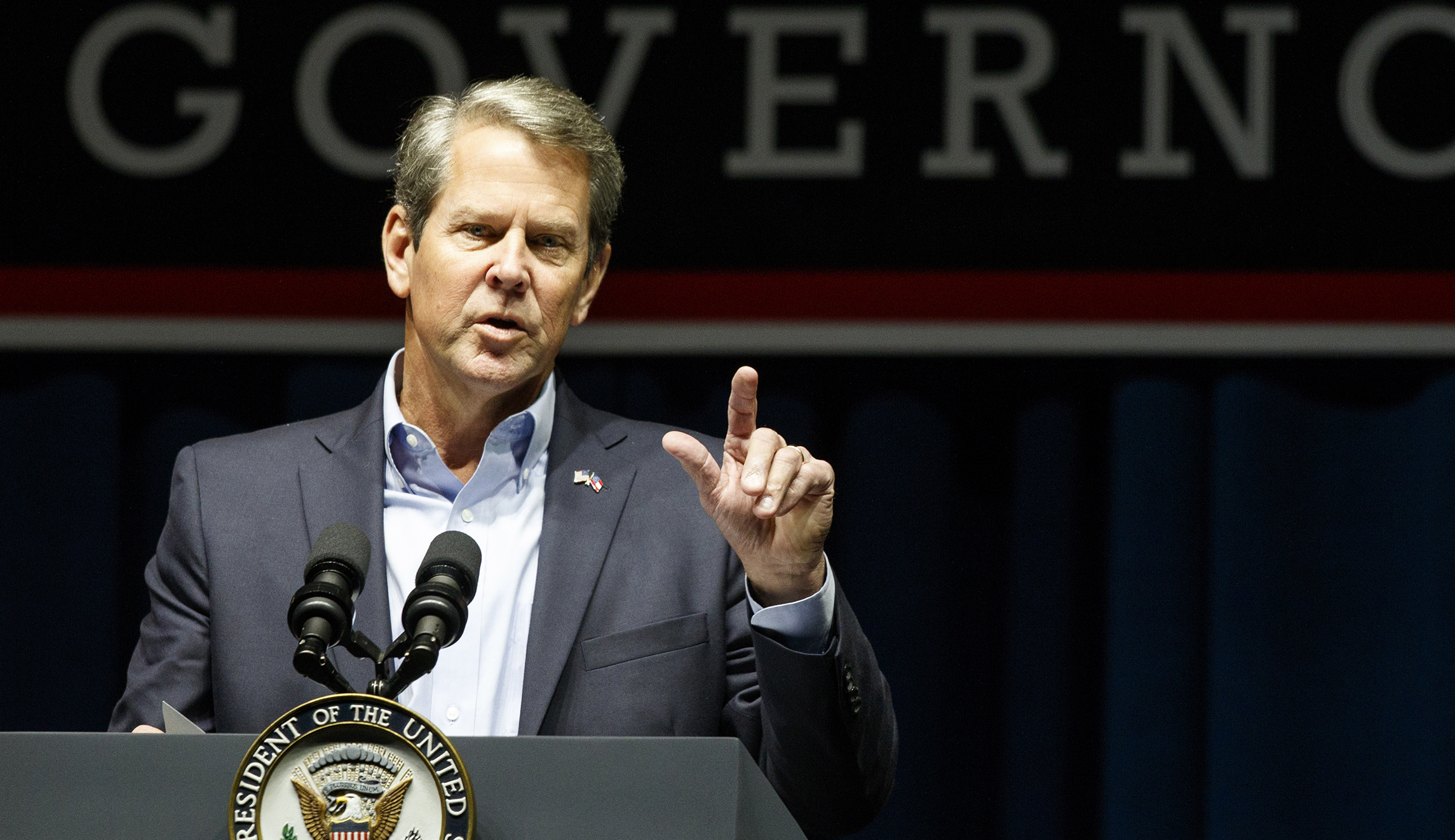
Gov. Brian Kemp
Georgia Gov. Brian Kemp, viewed as a central witness to the investigation, appeared before the grand jury for about three hours, just days after he won reelection in November last year.
The governor took a page out of Graham’s book and attempted to fight the subpoena but ultimately testified.
Willis’s investigation viewed Kemp as a witness, not a target, like Graham and Giuliani. The jury focused on Trump and his allies placing pressure on Kemp to overturn the results of the 2020 general election. Kemp refused to convene a special session of the legislature to reconsider the results, prompting Trump to lash out with attacks and comments that he regretted endorsing Kemp in 2018.
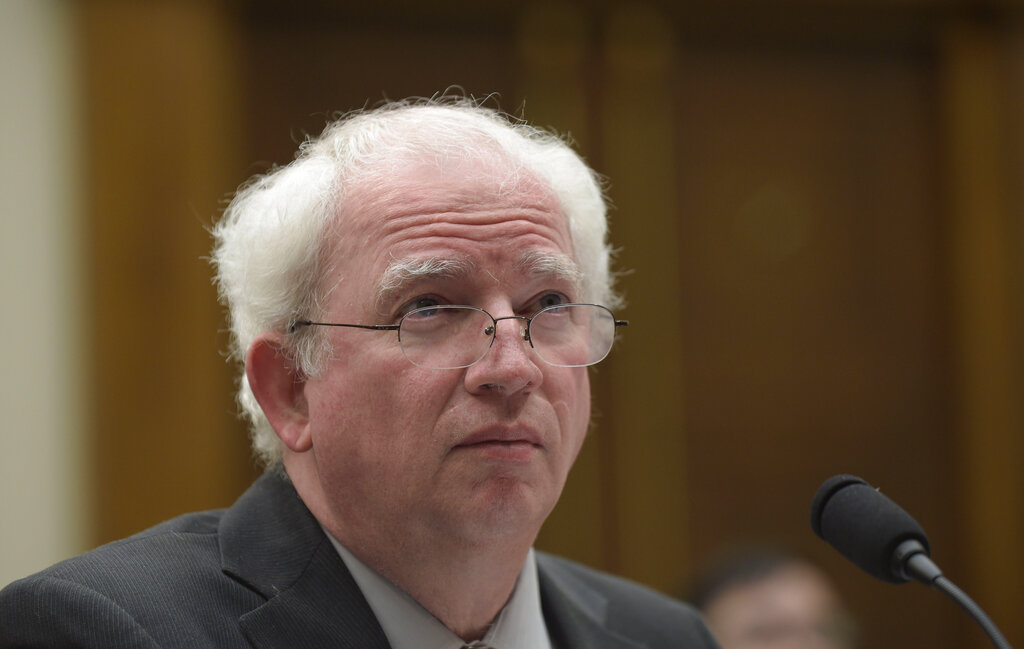
John Eastman
Former Trump lawyer John Eastman testified before the grand jury in August 2022, invoking his Fifth-Amendment rights “where appropriate,” per his legal counsel.
Eastman’s representatives said the grand jury had embarked on an “unprecedented path” in its criminal investigation and engaged in “political persuasion.”
The former lawyer devised legal strategies on how Trump could challenge the electoral defeat, as well as came up with the idea of calling in an alternate slate of electors if legal challenges against the election prevailed in court.
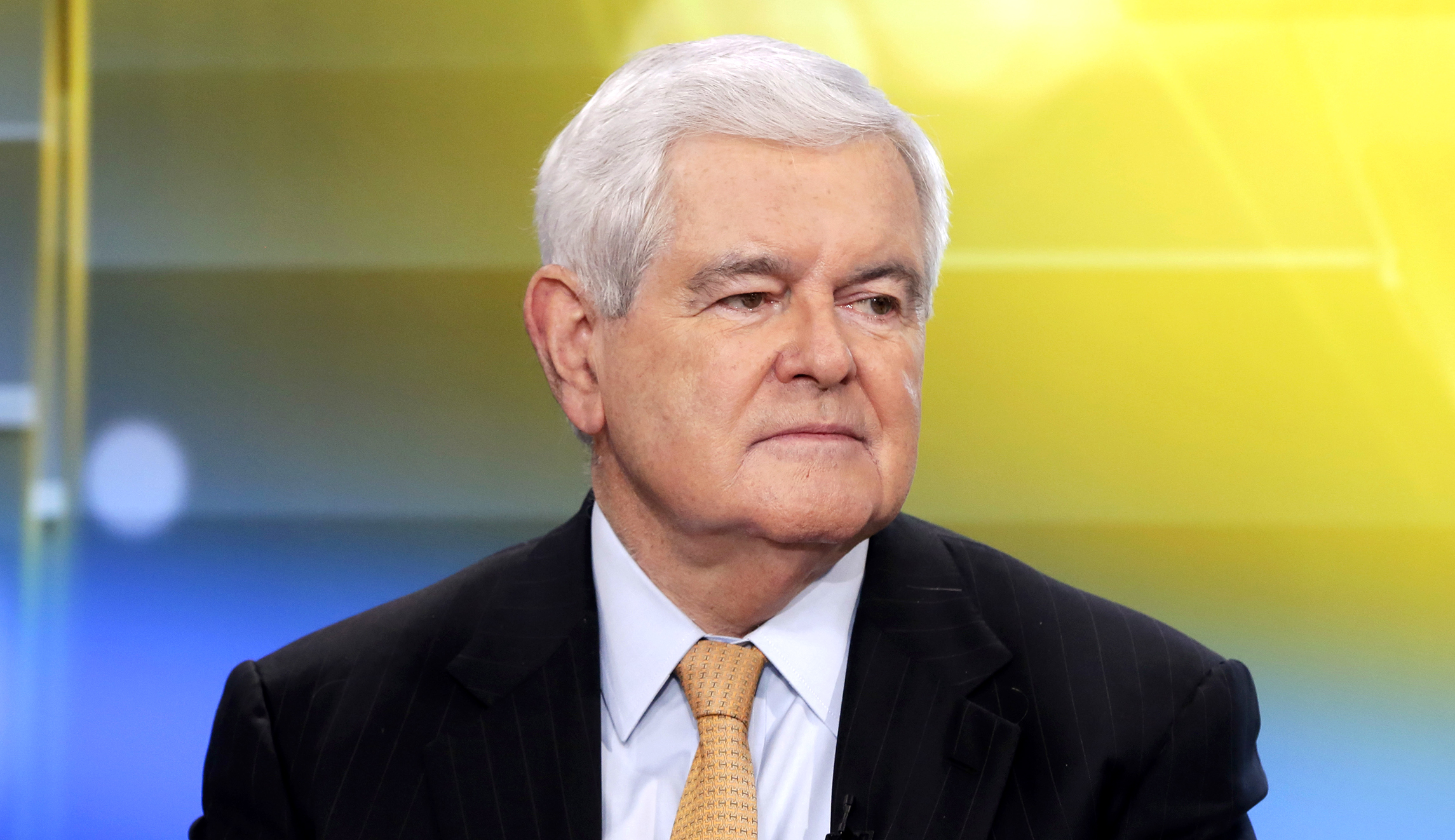
Newt Gingrich
Former House Speaker Newt Gingrich gave testimony in late November 2022, something that his counsel fought to dismiss given that he was testifying in front of the House Select Committee investigating the U.S. Capitol riot on Jan. 6, 2021, on the same topic.
Willis cited an email in her subpoena that Gingrich allegedly sent to Trump allies discussing a plan to “arouse the country’s anger” over the 2020 election. She also claimed he was part of the scheme involving alternative electors.
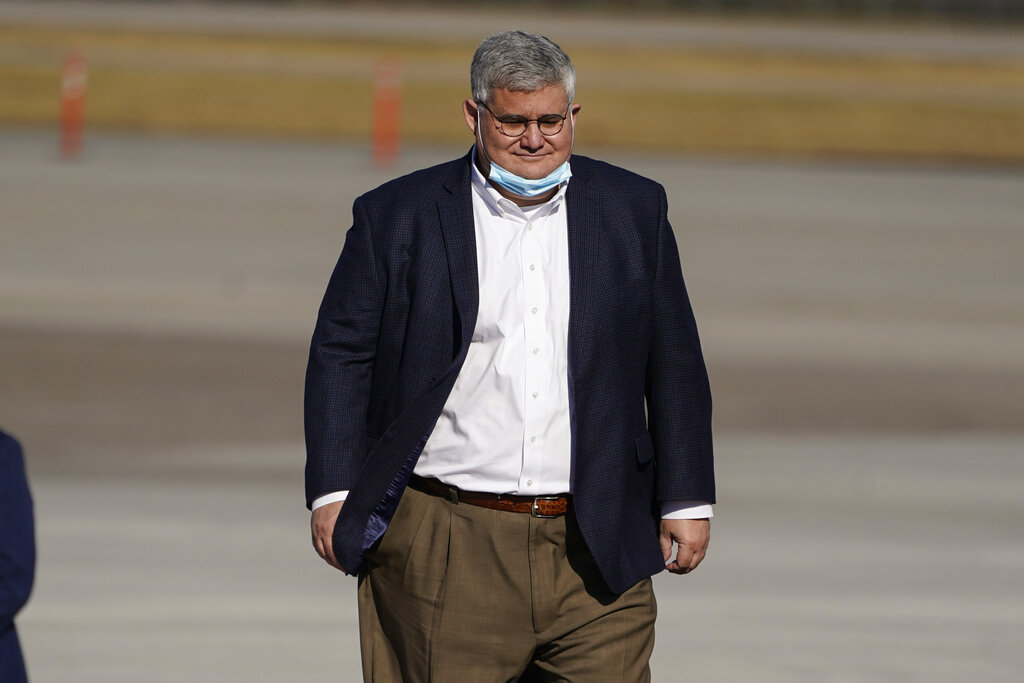
David Shafer
David Shafer, chairman for the state Republican Party, was selected as one of 16 electors in Eastman and Gingrich’s alternative electors scheme.
Willis attempted to disqualify Shafer’s legal counsel, citing their clients’ ties to the state GOP: Shafer as chairman and Shawn Still as the secretary of the Georgia GOP.
CLICK HERE TO READ MORE FROM THE WASHINGTON EXAMINER
The attorneys, Holly Pierson and Kimberly Bourroughs Debrow, represented 11 of the 16 alternative electors. They claimed the electors were not aware of a broader plan to “misuse” their votes and that they signed certificates at a time when a challenge to the 2020 election was still pending.
The remaining nine electors included Mark Amick, Joseph Brannan, Brad Carver, Vikki Consiglio, John Downey, Carolyn Fish, Kay Godwin, Cathy Latham, and CB Yadav. They were all notified in late June 2022 that their status before the jury had switched from “witness” to “target.”
